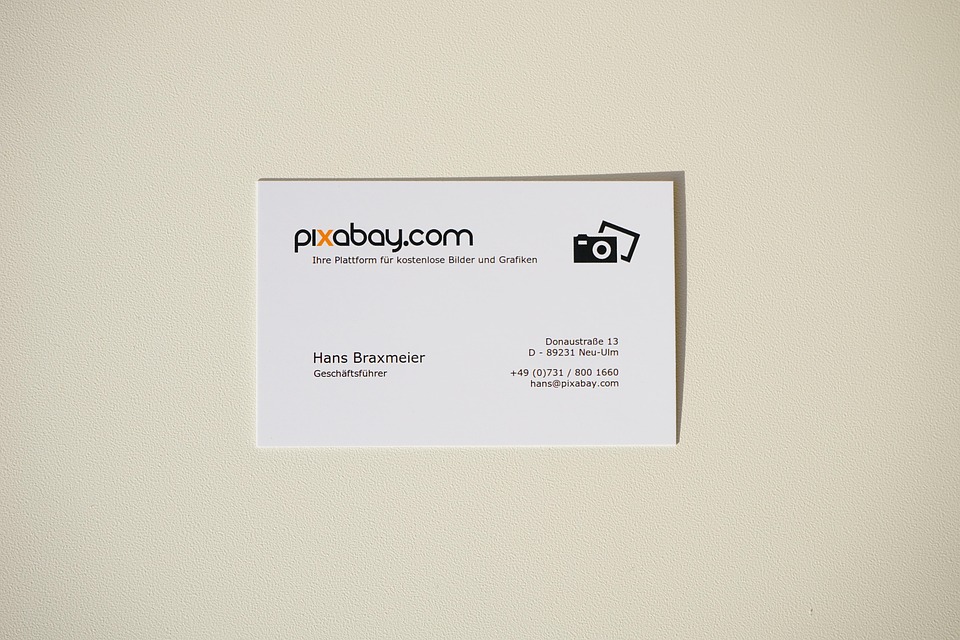Is a Debt Consolidation Loan Right for You? What Bad Credit Borrowers Need to Know
Debt can feel overwhelming, especially if you’re juggling multiple loans and credit card payments. For many, a debt consolidation loan presents a potential solution. However, if you have bad credit, it’s essential to understand how these loans work and whether they are the right choice for your financial situation.
Understanding Debt Consolidation Loans
A debt consolidation loan combines multiple debts into a single loan, ideally with a lower interest rate. This simplifies your monthly payments, allowing you to focus on paying off one loan instead of several. Generally, borrowers use these loans to manage credit card debt, personal loans, or medical bills.
The Benefits of Debt Consolidation
1. **Simplified Payments**: One monthly payment can be easier to manage than multiple payments.
2. **Lower Interest Rates**: If you qualify for a lower interest rate, you could save money over time.
3. **Improved Credit Score**: Reducing your overall credit utilization can positively impact your credit score.
4. **Set Payment Schedule**: Many debt consolidation loans have fixed terms, allowing for predictable payments.
Challenges for Bad Credit Borrowers
While debt consolidation can be a beneficial strategy, it can be particularly challenging for individuals with bad credit. Here are some factors to consider:
1. **Higher Interest Rates**: Lenders often charge higher interest rates for borrowers with poor credit, which could negate the benefits of consolidation.
2. **Loan Approval Difficulty**: Securing a loan can be challenging; many lenders may not approve your application if your credit score is below a certain threshold.
3. **Potential for Further Debt**: If you consolidate your debts but continue to accrue new charges on your credit cards, you may find yourself in a worse financial position.
Alternatives to Debt Consolidation Loans
If a debt consolidation loan doesn’t seem feasible due to bad credit, consider these alternatives:
1. **Credit Counseling**: Non-profit credit counseling agencies can help you create a debt management plan and negotiate lower interest rates with creditors.
2. **Debt Settlement**: This involves negotiating directly with creditors to settle your debts for less than you owe. However, this can impact your credit score negatively.
3. **Personal Budgeting**: Tightening your budget and cutting unnecessary expenses can free up more funds to pay off high-interest debts.
Tips for Improving Your Chances of Approval
If you decide to pursue a debt consolidation loan despite having bad credit, here are some tips to improve your chances of approval:
1. **Check Your Credit Report**: Review your credit report for errors and dispute any inaccuracies.
2. **Shop Around**: Different lenders have different criteria. Don’t settle for the first offer; explore multiple options.
3. **Consider a Co-signer**: If possible, having a co-signer with good credit can increase your chances of approval and secure a lower interest rate.
4. **Demonstrate Stable Income**: Lenders are more likely to approve a loan if you can show proof of steady income that covers your monthly expenses.
Conclusion
A debt consolidation loan can be a useful tool for managing debt, but it may not be the best option for everyone, especially those with bad credit. Before deciding, weigh the pros and cons, explore alternatives, and consider seeking advice from financial professionals. Understanding your unique financial situation is crucial in making the best choice for your future.



